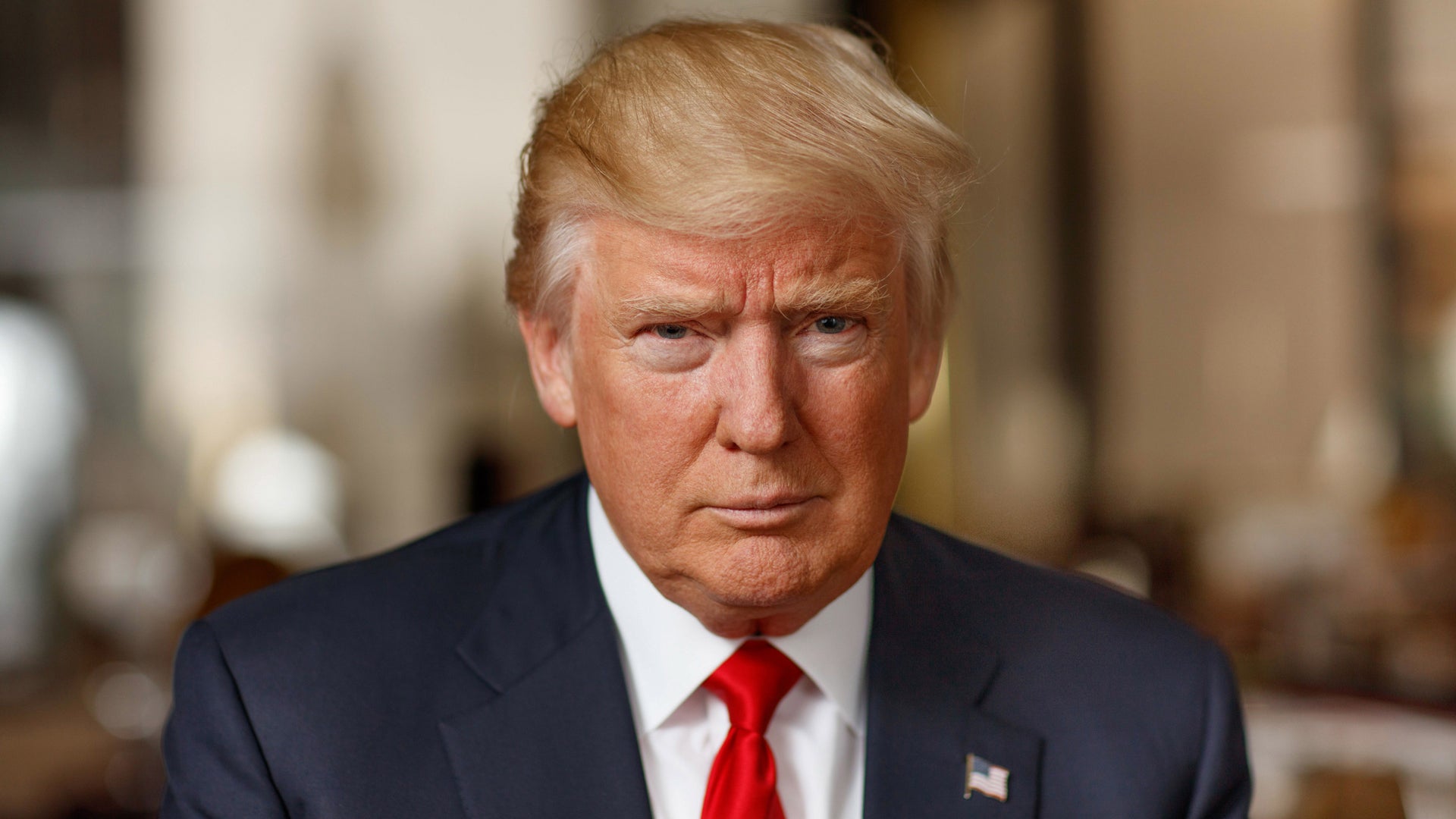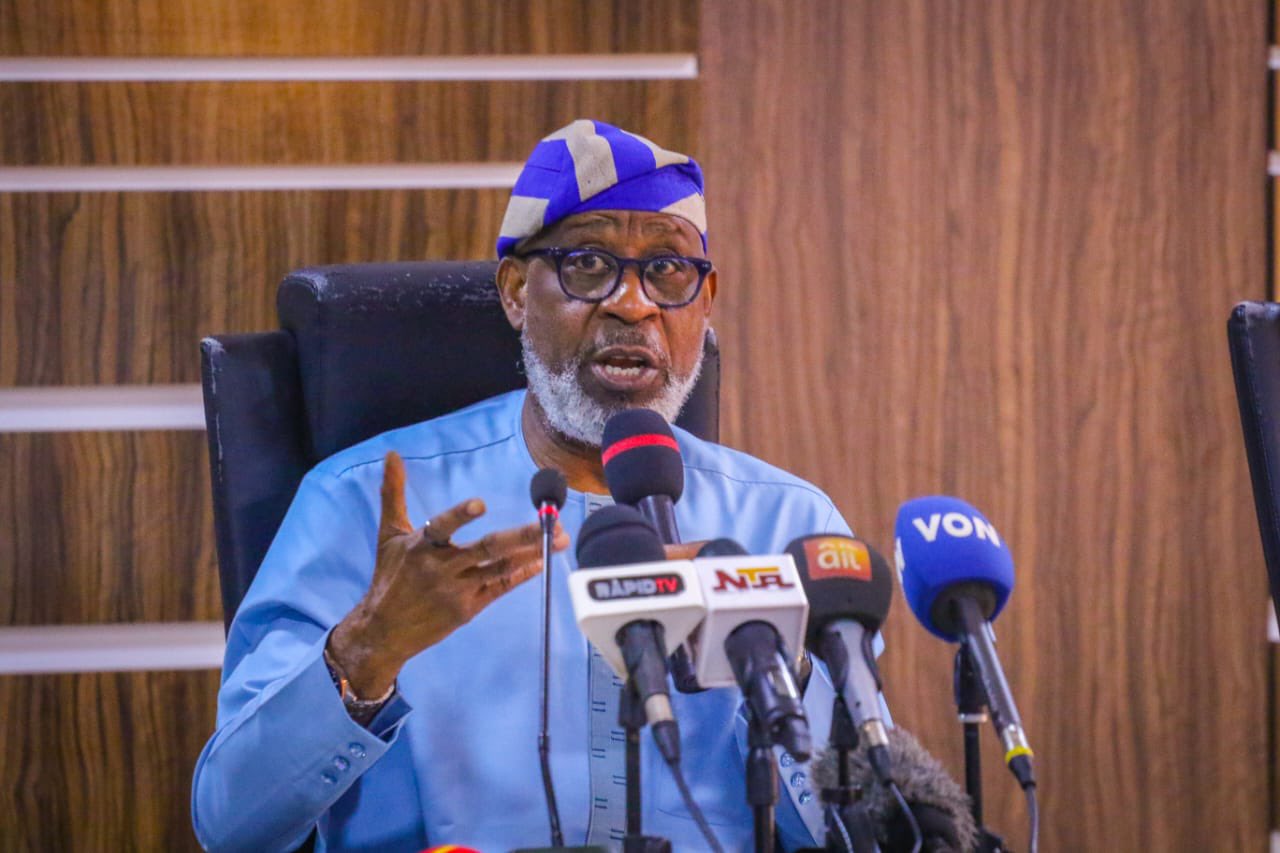MARCEL MBAMALU argues for accountability from leaders
The recent declaration of a state of emergency in Rivers State has sent shock waves across Nigeria, sparking intense debate about the country’s democratic principles and the rule of law. The move, which resulted in the suspension of Governor Siminalayi Fubara and the state legislators, has raised questions about the separation of powers and the limits of executive authority.
As Nigeria navigates this complex situation, concerns about the potential consequences for governance, economic growth, and community relations have come to the fore. With the PDP governors challenging the declaration in court, the nation waits with bated breath for the outcome and its implications for the future of democracy in Nigeria.
After the state of emergency was declared on 18 March 2025, the president invoked Section 305 of the 1999 Constitution, citing political instability and pipeline vandalism. This resulted in the suspension of Governor Siminalayi Fubara, his deputy, and all state legislators for six months, with Vice Admiral Ibok-Ete Ibas appointed as the sole administrator to oversee the state’s affairs.
Many Nigerians criticised the action, especially the Nigerian Bar Association (NBA), which echoed concerns about the erosion of democratic principles. The NBA sees the declaration as unconstitutional.
Former Rivers State Governor Rotimi Amaechi strongly condemned the emergency rule, calling it a “dangerous affront to democracy” and a power grab by President Tinubu and his ally, Nyesom Wike, to intimidate governors ahead of the 2027 elections. Amaechi argued that the suspension of Governor Fubara violates Section 188 of the Constitution, which outlines how a governor can be removed from office, excluding presidential fiat.
On 20 March 2025, the National Assembly approved the declaration. This approval was made despite concerns about procedural irregularities, particularly the lack of a formal vote count to ensure the constitutionally required two-thirds majority. Instead, both the Senate and the House of Representatives used voice votes to approve the proclamation.
In the House of Representatives, Speaker Abass Tajudeen noted that the request was approved based on the attendance record, which showed 243 lawmakers present, though there was no formal count to confirm the two-thirds majority needed. Similarly, the Senate moved into a closed-door session before approving the proclamation via a voice vote, invoking its powers under Section 305(2) of the Constitution.
The bigger question that requires a prompt answer is why the National Assembly was in such a hurry to approve the declaration.
According to Section 188 of the 1999 Constitution, the removal of a governor or deputy governor from office is a structured process designed to ensure accountability while preventing arbitrary actions.
The process begins when at least one-third of the State House of Assembly members sign a written notice of allegations against the governor or deputy governor, citing gross misconduct in the performance of their duties. The Speaker must serve this notice to the accused and all members within seven days, allowing the accused to respond. The House then votes on whether to investigate, requiring a two-thirds majority. If approved, a seven-member panel is appointed by the Chief Judge to investigate. If the allegations are proven, the House votes again, needing a two-thirds majority to remove the official from office.
This process is intended to safeguard against political manipulation and ensure due process. Since this process was not duly followed in removing Governor Fubara, the rights of the citizens who voted for him have been trampled.
Beyond this constitutional breach, it should be noted that the government is now acting in ways it had previously condemned.
President Bola Ahmed Tinubu’s governance style has been marked by contradictions between his past opposition stances and current actions. Two significant examples are the removal of fuel subsidies and the declaration of emergency rule in Rivers State.
During President Goodluck Jonathan’s administration, Tinubu and his party often criticised the removal of subsidies as a harsh measure that disproportionately affected the poor. However, upon taking office, Tinubu declared an end to the fuel subsidy regime, citing its unsustainable costs and the need to redirect funds to infrastructure, education, and healthcare. This move led to a sharp rise in fuel prices and inflation, impacting the cost of living for many Nigerians.
Tinubu’s declaration of a state of emergency in Rivers State, suspending elected officials, also contrasts with his past advocacy for democratic principles and checks on executive power.
During his tenure as Governor of Lagos State from 1999 to 2007, Tinubu was known for his strong stance against federal overreach. When President Olusegun Obasanjo withheld federal allocations to Lagos over disputes on local government creation, Tinubu resisted, leading to legal battles. This past resistance to federal interference highlights the contrast with his current actions as President, where he has consolidated federal power by imposing emergency rule in Rivers State.
The declaration of a state of emergency in Rivers has been linked to a deep-seated power struggle between Governor Fubara and his predecessor, Nyesom Wike. This conflict has paralysed governance and threatened the state’s stability, with allegations of executive overreach and financial mismanagement fuelling tensions.
Governor Fubara has faced opposition from lawmakers loyal to Wike, who sought his impeachment in December 2023. The crisis escalated with a Supreme Court judgment in February 2025 that blamed Fubara for the disagreements.
What about Fubara’s allegation that Wike masterminded the pipeline explosion and other instabilities that led to the emergency rule? Did the federal government take note of this?
Recent developments, especially the emergency rule, suggest that Nigeria’s democratic system, which is meant to be built on the principle of separation of powers- dividing authority among the executive, legislature, and judiciary- has been eroded. Key figures like President Tinubu, Nyesom Wike, and Senator Godswill Akpabio exert significant influence over national decisions.
The PDP governors have filed a suit to challenge President Tinubu’s declaration of a state of emergency in Rivers State. The party argues that it violates constitutional provisions like Sections 1(2), 5(2), and 305. The big concern is whether this challenge will be effective since the judiciary is also part of the fusion of Nigeria’s joke of separation of powers.
The suspension of Governor Siminalayi Fubara and the Rivers State Assembly members has sparked intense speculation about their potential reinstatement. This situation is deeply intertwined with broader political implications for Rivers State governance and Nigeria’s political landscape.
A governance vacuum may disrupt essential services and development projects, directly affecting local communities. Without their elected representatives to advocate for their needs, communities may feel disenfranchised. The political instability could deter investment, hinder economic growth, and negatively impact local businesses and employment opportunities.
While the emergency rule aims to address security issues, its effectiveness in improving safety remains uncertain and could lead to further unrest if not managed carefully. Furthermore, the suspension might exacerbate political divisions within local communities, potentially leading to increased tensions and conflict.
These developments threaten the stability and well-being of Rivers State, highlighting the need for careful management to prevent long-term damage to governance and community relations. The ongoing political manoeuvring in Rivers State also highlights a broader issue in Nigerian governance: the prioritisation of power struggles over effective governance. This undermines public trust and accountability, as it often results in endless political battles rather than meaningful policy implementation.
Another pressing question is: When and how will Nigeria ever learn to hold its government to account as united citizens, undivided by ethnicity?
Nigerians must demand true accountability from their leaders, transcending ethnic and political divides. This requires a focus on governance outcomes rather than political affiliations, ensuring that leaders are held responsible for delivering public services and maintaining democratic principles.
Dr Mbamalu, a Jefferson Journalism Fellow, Member of the Nigerian Guild of Editors and Communications Consultant, is the publisher of Prime Business Africa



